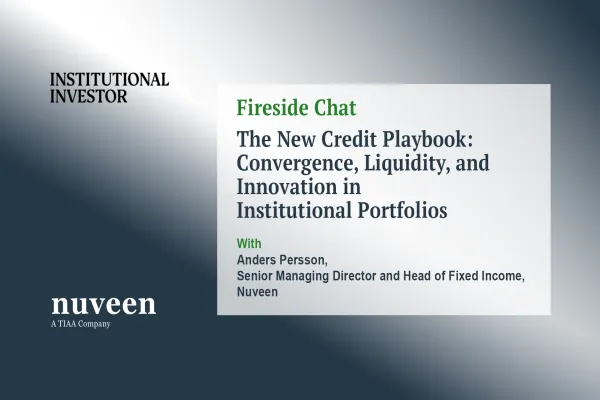It’s been a rough several years for value investors. Atlantic Investment Management founder Alexander Roepers believes that is about to change.
Since the financial crisis, value stocks — shares of companies that trade at a low price relative to fundamental characteristics like company earnings — have tended to underperform growth stocks, which typically have higher prices relative to their underlying earnings.
But in a report published this month on his hedge fund firm’s website, Roepers argued that current equity market and macroeconomic conditions point to a “rotation back to value.”
“Investment styles tend to move in multi-year cycles,” he wrote. “We believe we’re nearing a possible inflection point in the equity market dynamic.”
It’s not the first time in recent years that Atlantic has called an end to value’s years-long underperformance. In 2016, Roepers penned a similar piece arguing that value stocks were poised for a resurgence.
“That kind of happened to a degree,” the hedge fund CIO said Tuesday by phone. “But then it went all the way reverse again, largely due to macro issues, and we’ve had a complete relapse back into the tech, growth, large-cap market.”
[II Deep Dive: Is Growth the New Value?]
One reason for the growth strategy’s long run of outperformance, according to Roepers, is post-crisis monetary policy. “The zero-interest-rate policy from 2008 through 2015 fueled the search for yield that inflated valuations of many financial assets to record levels,” he wrote in the report. This, in turn, led investors to reduce their exposure to value stocks in favor of passive, large-cap exchange-traded funds, growth companies, and momentum stocks.
The result, according to Roepers, is a “historically wide” valuation gap between growth and value investment strategies.
In the phone interview with II, he compared the current market conditions to those seen prior to the dot-com bubble, pointing to the valuation spread and the large number of unicorn companies – firms with high private market valuations – which have recently gone public.
“Amazon and Netflix look very much as overvalued as some of the large-cap tech companies in 2000,” he said. “When [price-earnings ratios] are this high, there’s no room for error.”
At these high valuations, Roepers warned that a significant setback — a regulatory issue or product failure, for instance — could trigger a major drop in a growth company’s share price. Meanwhile, he argued that value stocks are “are even more undervalued now than they were [in 2000], particularly given the interest rate environment.”
Seeing investors in “risk-off mode” amidst uncertainty around the U.S. trade conflict with China and Britain’s exit from the European Union, Roepers wrote in the report that many value stocks “have simply become too cheap to ignore, even in a less predictable macro environment.”
In particular, the hedge fund CIO highlighted Atlantic stock picks Owens-Illinois, Eastman Chemical, Huntsman Corp., Avnet, Timken, Oshkosh, and DXC Technology. These seven value companies had a combined market capitalization of $43 billion as of June 4, with a price-earnings ratio of 7.7 times earnings. By comparison, six “growth darlings” — Visa, Netflix, Adobe, Paypal, Salesforce.com, and NVIDIA — had a combined market cap of $941 billion, with a P/E ratio of 44.1 times earnings.
“In our 30-plus years of managing our differentiated value investment approach… we have not seen our top selections this compelling in both absolute and relative terms,” Roepers wrote.






